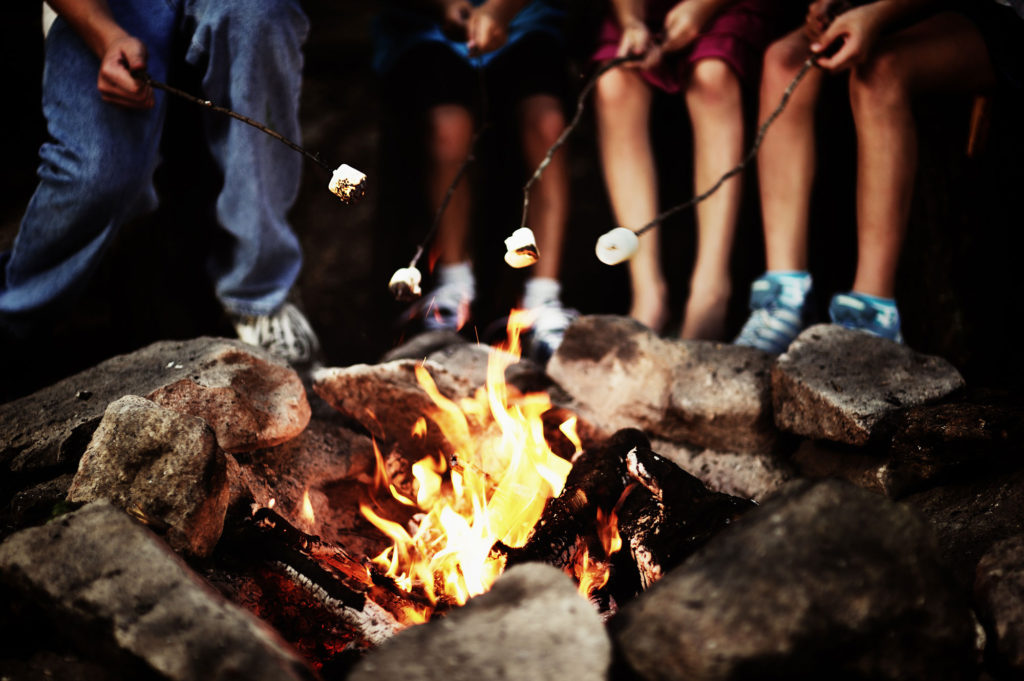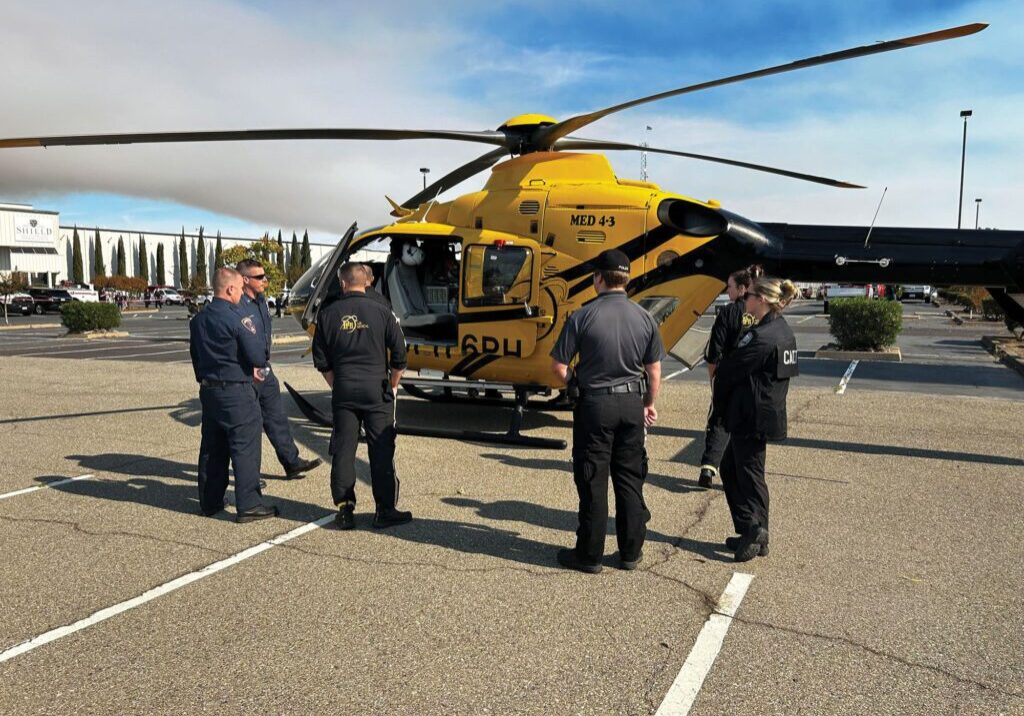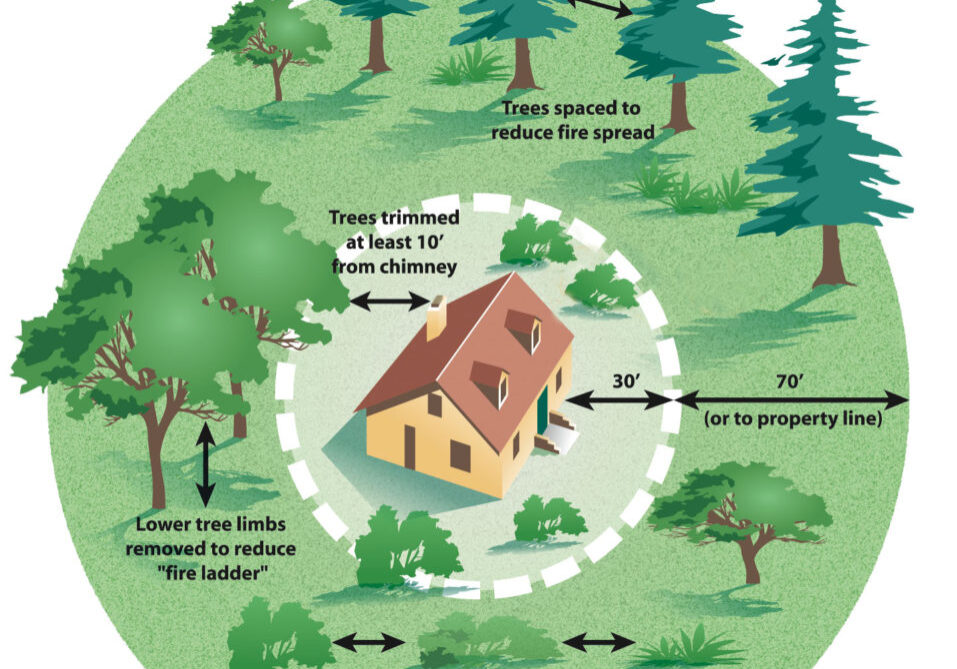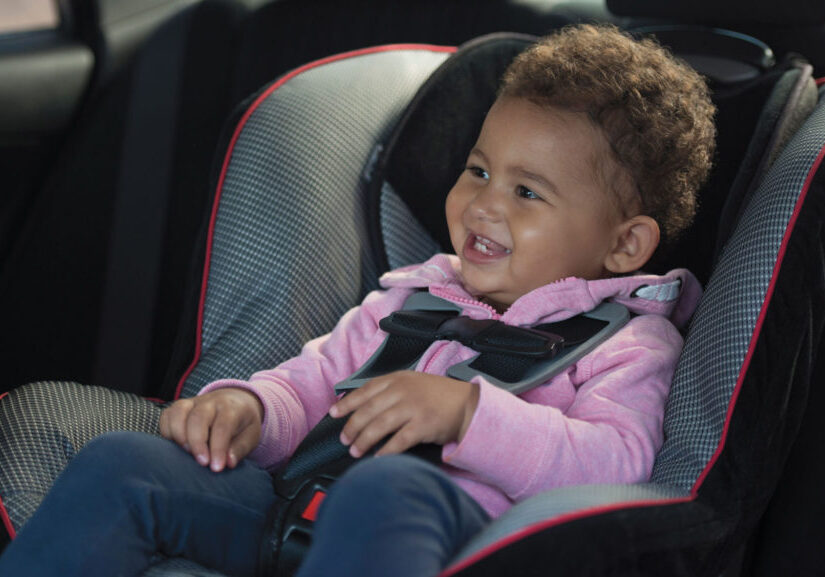Forests are amazing places covering almost a third of the Earth’s land, including over 700 million acres in the United States. Forests are home to a huge variety of plants and animals, providing them with food, water and shelter. Our forests are not only places of beauty and outdoor fun, they also provide fuel, food, raw materials and medicine. Even more importantly, trees and plants in the forest make sure that the Earth’s temperature is livable and that we have enough oxygen to breathe.
People cause 9 out of 10 wildfires
In the United States, nearly nine out of 10 wildfires are caused by people, and many of these people simply were not being careful about building, tending and putting out their campfires.
In the past several years, wildfires have devastated forests and communities all over California, and have been particularly damaging to the North State. As wildfire season is heating up this summer, make sure you and your children know the common sense rules for staying safe in the outdoors.


Teach your kids basic fire safety
Having outdoor skills like knowing how to build a fire are important when you spend a lot of time outside. Teaching kids how to build fires isn’t very difficult, but it does take some thought, planning, and time. Plus, teaching your children basic fire safety tips and advice is something that may be invaluable and could possibly save lives.
One of the best places to learn about basic campfire safety and sense is that old standby, smokeybear.com, which provides these basic steps for campfire safety:
Make sure to choose your location well
- Make sure you are at a site that allows campfires.
- Make sure there are no burn bans and it’s not too windy.
- If there are no existing fire pits and if digging pits is allowed, dig the pit away from overhanging branches. Choose an open, level location away from logs, brush or decaying leaves. Make sure the location is protected from wind gusts.
- Circle the pit with rocks.
- Clear a 10-foot area around the pit down to the dirt, removing anything that could catch on fire. Dig your pit in the dirt, about a foot deep.
- Make sure you have a source of water, a bucket and a shovel handy at all times.
Gather your wood
- Never cut whole trees or branches, dead or alive. Live materials won’t burn, and you’ll be damaging the forest. Dead standing trees often are homes for birds and other wildlife. You will need:
- Tinder – small twigs and dry leaves, grass and needles.
- Kindling – sticks smaller and one inch around.
- Fuel – larger pieces of wood. Keep these stacked upwind and away from the fire.
Light your fire, keep it safe and put it out
Loosely pile a few handfuls of tinder into the middle of the pit, light it and discard the match in the fire. Add more tinder, kindling and fuel. Keep the fire small and under control.
- Never leave a campfire unattended; an adult should supervise the campfire at all times.
- Keep a bucket of water and shovel nearby.
- Never put anything but wood into the fire.
- Do not pull sticks out of the fire.
- Do not sit on the fire ring or rocks around the campfire. They will heat up quickly and they’ll stay hot for a long time.
- When it’s time to put the fire out, dump lots of water on it, stir it with a shovel, then dump more water on it. If you don’t have water, use sand or dirt. Make sure it is COLD before leaving the campsite. If it’s too hot to touch, it’s too hot to leave!
To learn more about our nation’s forests and other outdoor areas, check out DiscoverTheForest.org. You’ll find games and activities to enjoy in-doors and out. And, best of all, you can use a search tool to find the forest closest to you. Thanks to smokeybear.com for providing this information.
Posted in: Safety
Comment Policy: All viewpoints are welcome, but comments should remain relevant. Personal attacks, profanity, and aggressive behavior are not allowed. No spam, advertising, or promoting of products/services. Please, only use your real name and limit the amount of links submitted in your comment.
You Might Also Like...

Women’s Business Center Helps North State Businesses Find & Navigate Disaster Recovery Resources
Between fires, droughts and a global pandemic, Northern California communities have been through many years of disasters and disaster recovery. At this point in time, there is not a person […]

Safety and Security in the North State
Thousands of dedicated law enforcement, fire and first responder personnel throughout the North State work hard every day to respond to emergencies and do their best to protect and serve […]

Before, During and After a Wildfire
Wildfire Actions What to do BEFORE a wildland fire: Create defensible space to separate your home from flammable vegetation and materials (minimum 100ft PRC 4291). Adhere to all local fire […]

First Aid Tips to Teach Kids
It is never too early to start teaching your kids basic first aid skills and what to do in an emergency. If your child gets injured, remain calm and talk […]


